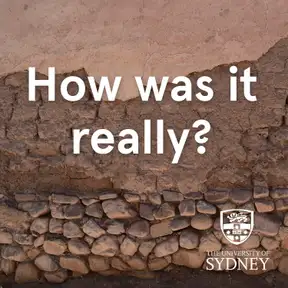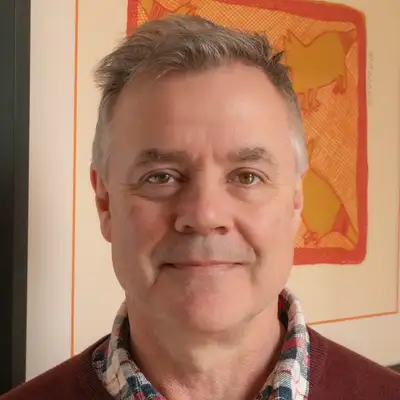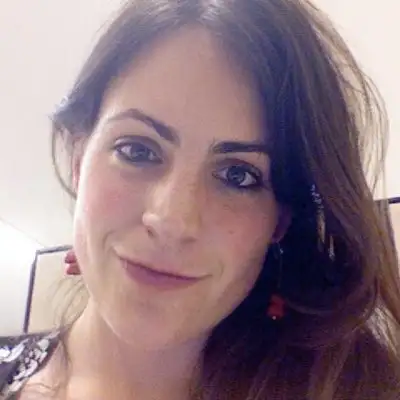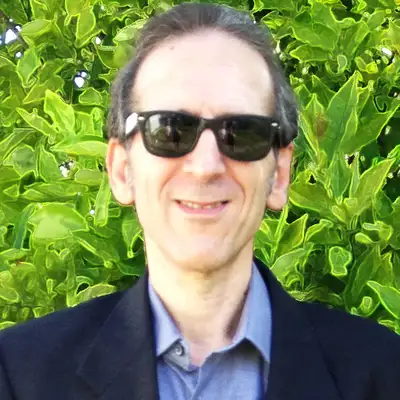When she began Saturday-morning Chinese language classes as a 7-year-old, Minerva Inwald could hardly have imagined what she would be doing in far-off 2010. That year would find her in Beijing, entirely on her own, a doctoral candidate tracking down the rapidly vanishing material evidence of China's Cultural Revolution. Trawling markets for artistic ephemera, buying up runs of revolutionary newsletters, listening to the memories of those who were there, Minerva amassed her own archive of a tumultuous historical moment. In this HWIR episode, we meet a scholar who is also a collector, who interprets China's history by assembling objects from its recent past.
About Minerva Inwald - Dr Minerva Inwald is a Research Affiliate in the Department of History at The University of Sydney. Her research focuses on the cultural history of the People's Republic of China. As of May 2021 she is Judith Neilson Post-Doctoral Fellow in Contemporary Art at UNSW. She is co-author of the book Floating Time: Chinese Prints, 1954–2002 (Sydney: Power Publications, 2016). She was co-curator of the exhibitions Provocations: Avant-Garde Art in China in the 1980s (2017) and Floating Time: Chinese Prints, 1954–2002 (2016).
About Minerva Inwald - Dr Minerva Inwald is a Research Affiliate in the Department of History at The University of Sydney. Her research focuses on the cultural history of the People's Republic of China. As of May 2021 she is Judith Neilson Post-Doctoral Fellow in Contemporary Art at UNSW. She is co-author of the book Floating Time: Chinese Prints, 1954–2002 (Sydney: Power Publications, 2016). She was co-curator of the exhibitions Provocations: Avant-Garde Art in China in the 1980s (2017) and Floating Time: Chinese Prints, 1954–2002 (2016).




